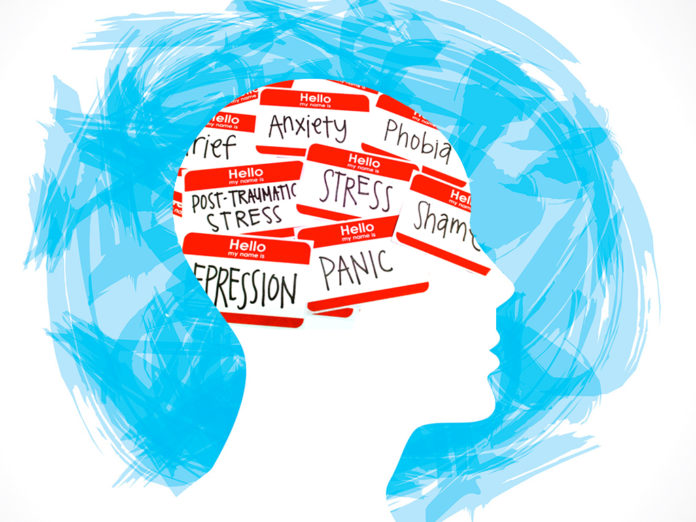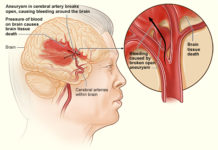
NIH looks at correlation between kidney failure and psychiatric illnesses and kidney failure, says there is one
New research indicates that psychiatric illnesses are common in children and adults with kidney failure. Hospitalizations for such illnesses are associated with a higher risk of early death in adults. The findings, which appear in an upcoming issue of CJASN, suggest that clinicians who care for hospitalized patients with kidney failure should be aware of and prepared to manage psychiatric disorders.
Studies suggest that conditions such as depression and anxiety are common in children and adults with kidney failure, but the extent is unknown. To investigate, Paul Kimmel, MD (National Institute of Diabetes and Digestive and Kidney Diseases, National Institutes of Health) and his colleagues examined hospitalizations with psychiatric diagnoses using inpatient claims from the first year of kidney failure in U.S. adults and children who initiated dialysis treatment from 1996-2013.
“We wished to extend observations made more than 20 years ago regarding the prevalence of psychiatric disorders to the present, and expand our evaluations to assess the links between psychiatric illness and subsequent morbidity and mortality in patients with kidney failure,” said Dr. Kimmel.
Between 1996 and 2013, approximately 27% of adults (aged 22 to 64) and 21% of elderly adults (aged 65 and up) had hospitalizations with psychiatric diagnoses in the first year of kidney failure. The prevalence was slightly lower in children, at 16%. Approximately 2% of adults and 1% of children were hospitalized with a primary psychiatric diagnosis. The most common primary psychiatric diagnoses were depression/affective disorder in adults and children, and organic mental disorders/dementias in elderly adults.
Between 1996 and 2013, approximately 27% of adults (aged 22 to 64) and 21% of elderly adults (aged 65 and up) had hospitalizations with psychiatric diagnoses in the first year of kidney failure. The prevalence was slightly lower in children, at 16%
The prevalence of hospitalizations with psychiatric diagnoses increased over time across age groups. The rate of hospitalizations with psychiatric diagnoses increased from 9% in 1996–1998 to 26% in 2011-2013 for children, from 19% to 40% for adults, and from 17% to 39% in elderly adults. The increases in prevalence rates were mostly from secondary diagnoses. A total of 19% of elderly adults, 25% of adults, and 15% of children were hospitalized with a secondary psychiatric diagnosis.
Compared with hospitalizations without psychiatric diagnoses, hospitalizations with primary or secondary psychiatric diagnoses were associated with 29% and 11% higher risks of death, respectively, during the study period for adults.
“Clinicians need to be aware of these findings and be prepared to address the needs of their patients. Hopefully, attention to the psychosocial needs of dialysis patients will result in improved outcomes, but such notions need to be tested in well-designed randomized controlled trials,” said Dr. Kimmel. “This is also an important study because it assessed the prevalence and some implications of psychiatric illness in the pediatric kidney failure population in a large comprehensive registry–something that has not been evaluated before.”
An accompanying editorial notes that the study underscores the substantial growing burden of psychiatric illness among patients with kidney failure. “To achieve meaningful progress for this high-risk population, it will be necessary to improve the understanding of the causes of psychiatric illness, the engagement of health professionals with psychiatric expertise, and the implementation of effective treatment strategies that are acceptable to patients,” the authors wrote.
An accompanying Patient Voice editorial stresses the need for empathy by medical professionals as patients deal with life-or-death illnesses that can cause confusion and fear.













